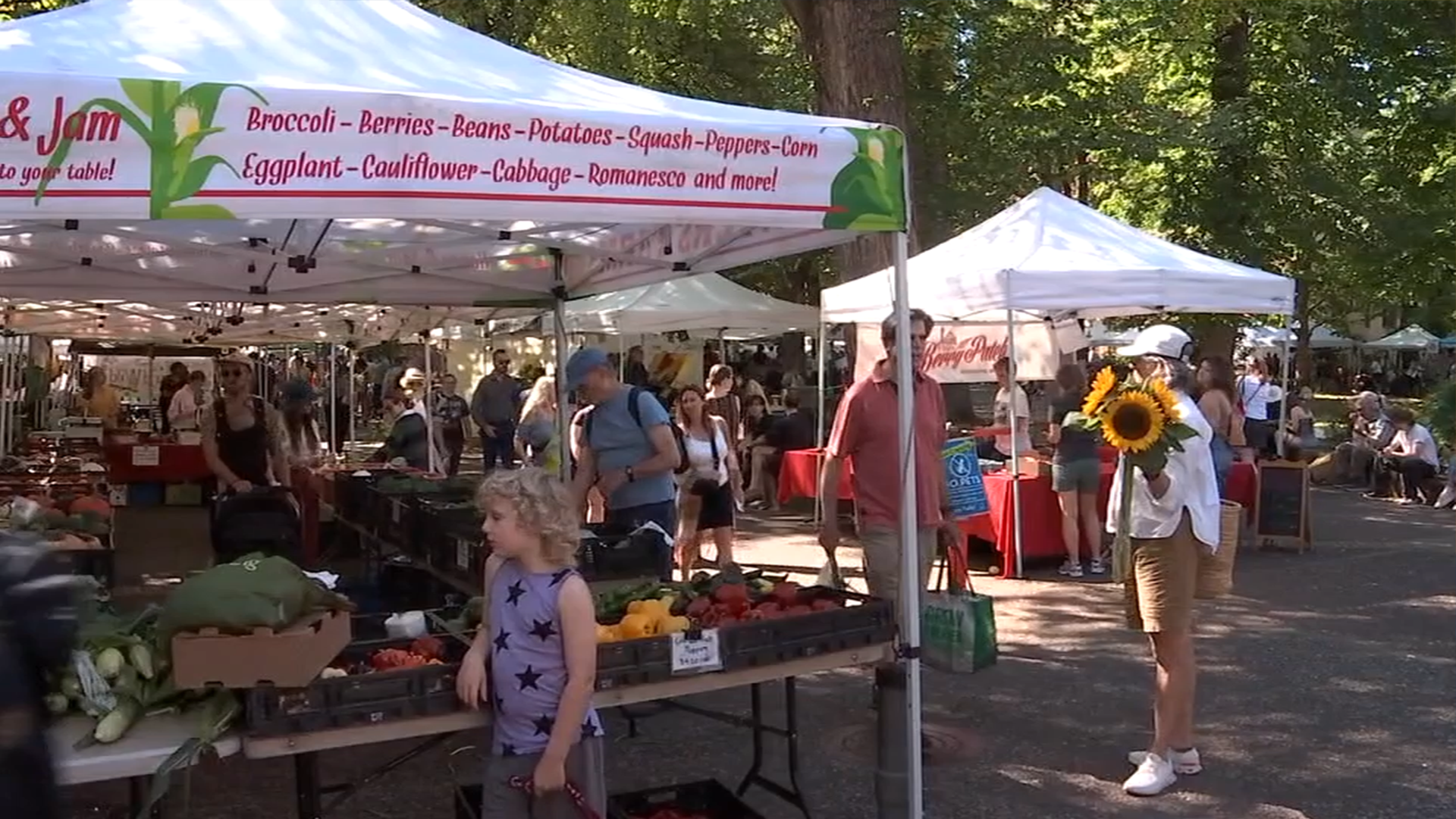PORTLAND, Ore. (KPTV) — Vendors and shoppers at the Portland Farmer’s Market at Portland State University are preparing for tough changes after the passage of President Trump’s finance bill, which includes reductions to the Supplemental Nutrition Assistance Program (SNAP).
The cuts are expected to ripple through the market, where hundreds of families rely on SNAP benefits to afford fresh produce and local goods each week.
SNAP’s Role at the Market
For years, the Portland Farmer’s Market has partnered with state programs to maximize SNAP dollars, offering benefit-matching incentives that allow families to stretch their food budgets.
Also Read
“We have thousands of shoppers that rely on SNAP for their shopping needs, for their food needs,” said Katy Kolker, executive director of the Portland Farmer’s Market. “We don’t know exactly how folks are going to get impacted yet, but we know that there will be impacts.”
Market officials worry that reductions in funding will cut into the ability of low-income families to purchase fruits, vegetables, and other essentials — staples that form the backbone of the market’s community mission.
Vendors Fear Sales Declines
The impact of SNAP cuts won’t be limited to shoppers. Farmers and small vendors who depend on market sales also face uncertainty.
“People are worried. Rightfully so,” said Chris Hertel, who owns Sun Gold Farm and has sold at the market for years. “Farmers are worried about income, extra income. And people are worried about getting fresh food.”
For vendors like Hertel, a drop in customer purchasing power could mean unsold crops, reduced revenue, and tighter margins during an already challenging season for growers.
A Ripple Effect
SNAP is not just a food program; it also serves as an economic driver, funneling federal dollars directly into local economies. Each dollar spent by SNAP recipients at farmers markets supports small farms, boosts local agriculture, and strengthens food access in underserved communities.
Cuts to the program, advocates argue, could erode that cycle. Families may be forced to buy less food or turn to cheaper, less nutritious options, while local farmers lose a vital source of income.
Balancing Uncertainty
Kolker noted that the market is still waiting on clarity regarding how deep the cuts will be and when they will take effect. But she emphasized that the Portland Farmer’s Market remains committed to supporting families who rely on SNAP.
“We’ve always worked hard to make sure everyone has access to healthy, local food,” Kolker said. “We will continue to do everything we can to connect families with farmers, even as we face these challenges.”
Looking Ahead
As the policy changes roll out, both shoppers and vendors at the Portland Farmer’s Market are left with difficult questions. How will families stretch thinner benefits? How will farmers make up for lost sales? And how can the market continue to uphold its mission of accessibility and community support?
For now, the mood is one of worry mixed with resilience. Vendors, organizers, and customers alike know that the Portland Farmer’s Market has long been more than just a place to buy food — it is a hub for community connection.
But with fewer resources flowing in, many fear that both families and farmers could feel the loss.












